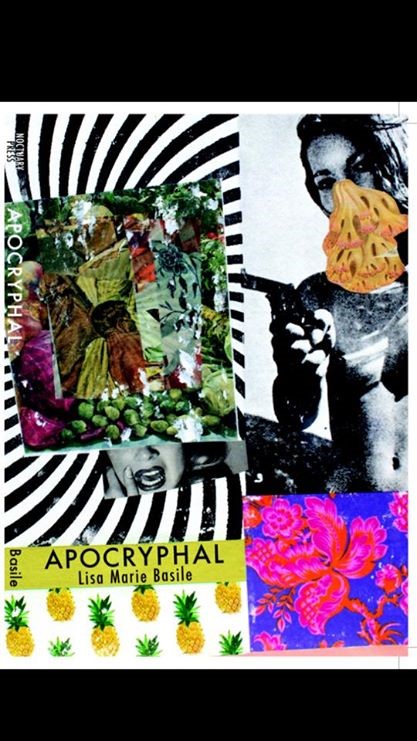90 pages, $12.32
Review by Sarah Gonnet
The path through Lisa Marie Basile’s poetry is lit with pulsating pagan fairy lights. Her poems are sparsely populated with voices searching for the true identity of their lovers and fathers. Apocryphal is a beautiful mess of confused sexuality, hidden in perfectly crafted verse. In this collection Basile gives us a series of images, flashes of another world, and then allows the reader to fill in the gaps and see the whole universe themselves. This gives her poetry an extreme personal relevance.
Apocryphal is Basile’s second collection; she is kept busy outside of poetry as an editor for various publications and is also the founder of the feminist magazine Luna Luna.
Essentially Basile is a storyteller. In her warped but eerily realistic tales, themes of abuse and an Alien-style fear of pregnancy (“I become obsessively pregnant with you…& abort you”) are displayed alongside a more traditional sense of tortured sexuality. Yet at the same time her poems work together to form a collective voice. This collective voice gives the poems a similar atmosphere to Jeffery Eugenides’ The Virgin Suicides. Except in Basile’s work the voices are almost all women. Women who live double lives: screaming in their vulnerability whilst also being powerful. This twists their collective vision into an intricate steampunk machine. Lines of thought and themes tick away in the background, while other themes are having their time in the foreground. Continue reading
![[PANK]](http://pankmagazine.com/wp-content/themes/pank/assets/images/pank-logo-large.png)


